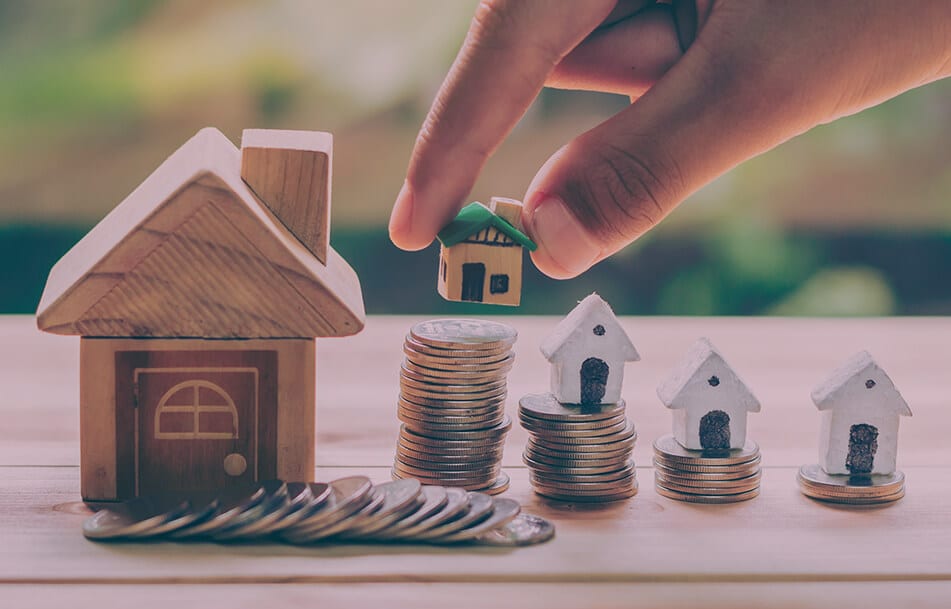Leasehold reforms are finally here, but what do they actually mean?

For a long time now, many have been lobbying and waiting for reform of the law relating to leasehold homes. A particular frustration has been the apparent desire of the Government to effect wholesale reform rather than dealing with particular issues first and following up with more comprehensive reform. Finally it appears that the Government has realised that continuing delay is causing many homeowners great distress as well as causing problems in the property market more generally.
So what is the Government actually addressing in Stage 1.
- Onerous and increasing ground rents in future leases
- Excessive costs from the process of extending the lease or buying the freehold
- The different treatment of leaseholders of houses and flats
- Potential future extensions of buildings thereby increasing the purchase cost of blocks of flats
- The introduction of a new form of tenure so that flat owners also collectively own the building in which the flat is situated and therefore control the expenditure on that building.
When is this happening?
The first round of legislation will be introduced in the next Parliamentary session when the detail can be scrutinised. The use of a scheme similar to Help to Buy would be a helpful tool to enable existing leaseholders who cannot afford to purchase a new 990 year lease and thereby end the payment of ground rent but wish to do so, to secure the necessary funding to achieve this.
As with the Coronavirus vaccine, there is now a glimmer of light at the end of the tunnel for leaseholders. 7th January 2021 will mark the start of what will be a major reshaping of the housing market and the introduction of commonhold, a completely different and fairer form of home ownership and one that rightly ends people's homes being treated as a financial asset to be traded for profit.
The Government must move forward swiftly with stage 2 as if not it risks creating a two tier property market putting existing leaseholders in an even worse position than they currently find themselves in.